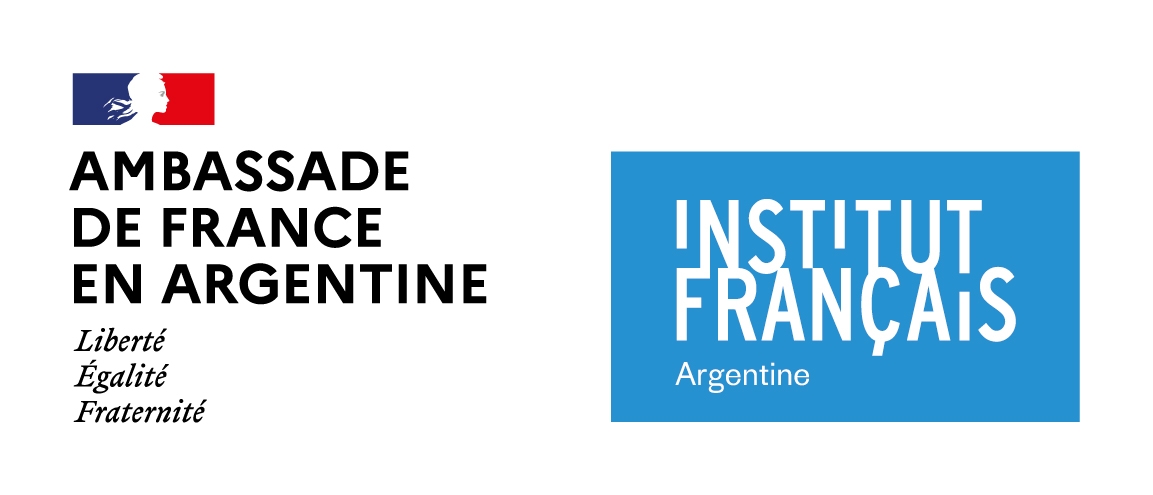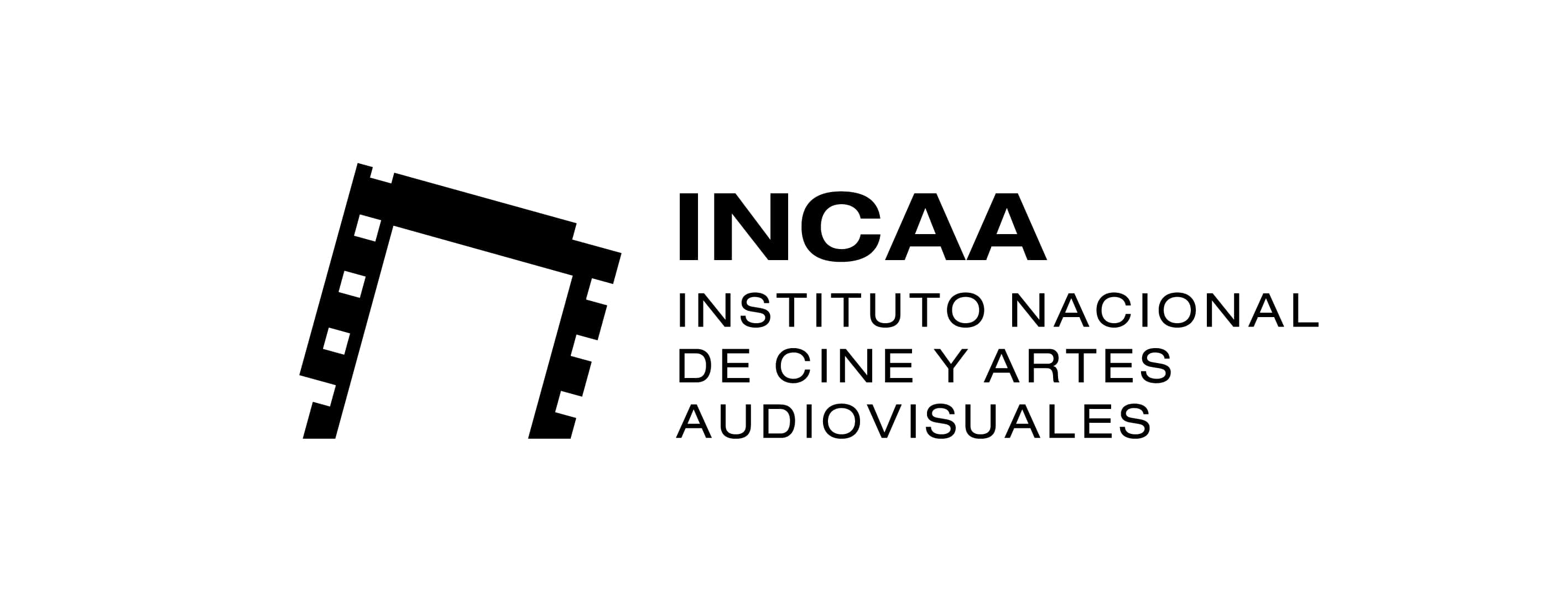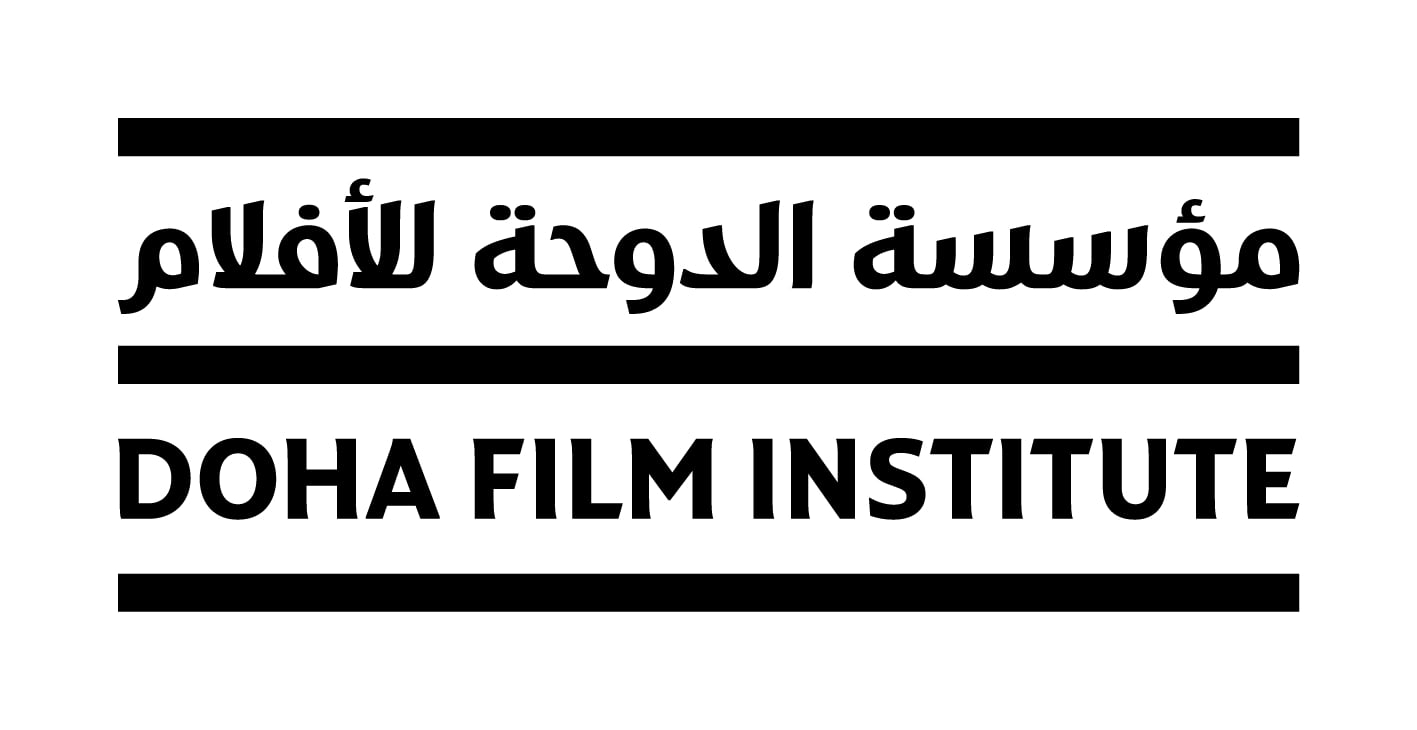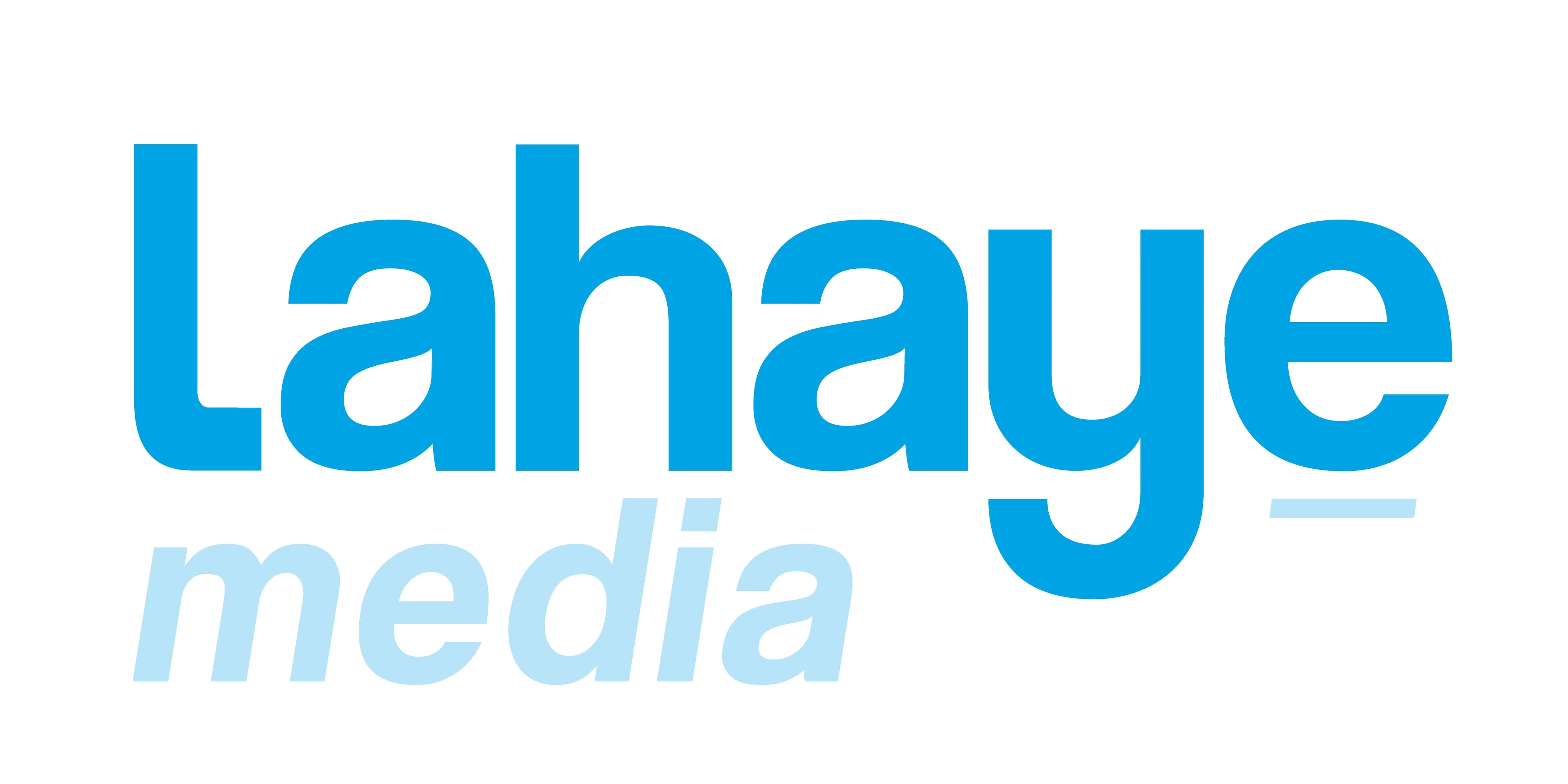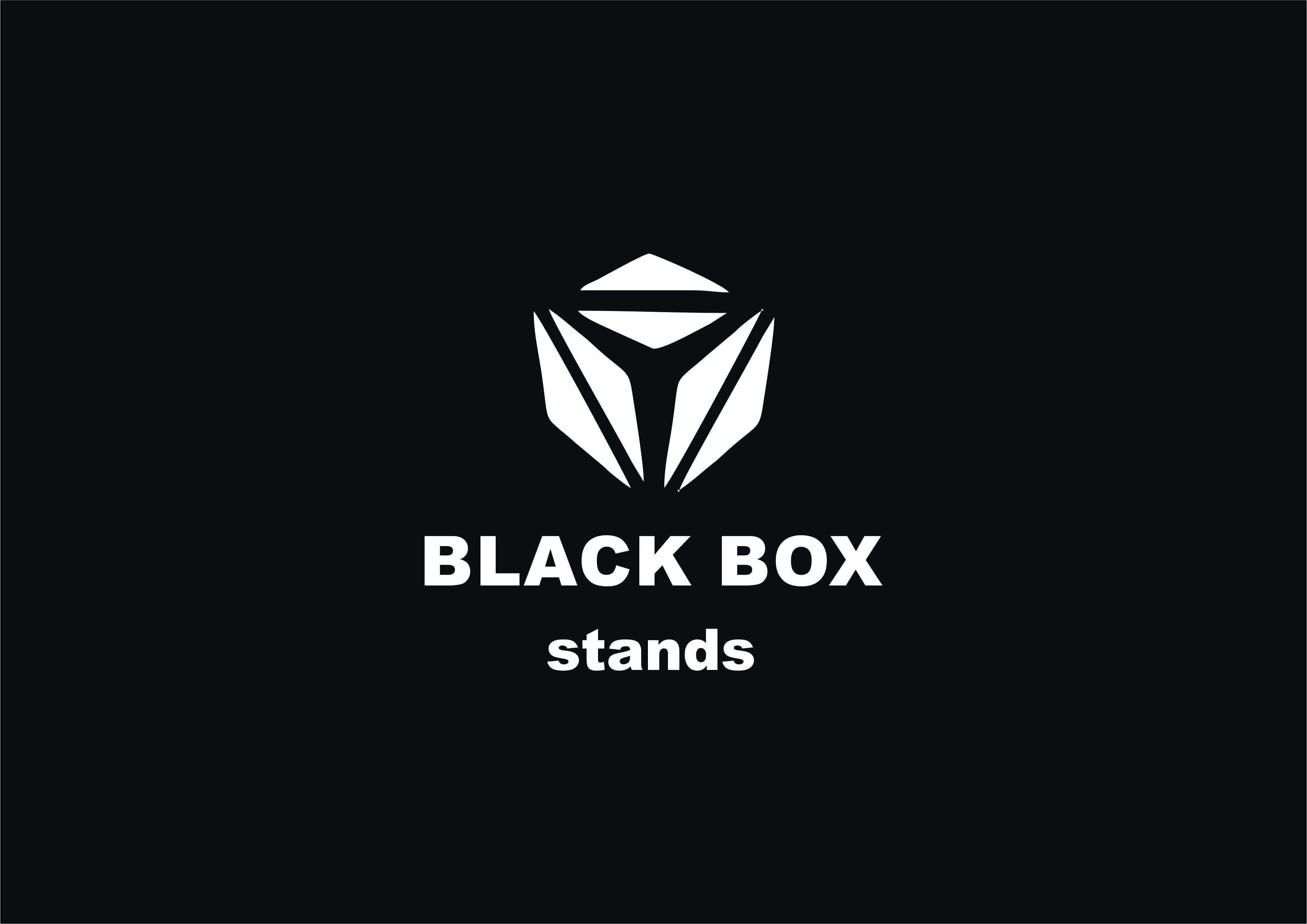HEADBANG LULLABY
El 11 de junio de 1986, después de que Marruecos hiciera historia futbolística al derrotar inesperadamente a Portugal, el oficial Daoud recibe la orden de vigilar un puente en las afueras de Casablanca que pasa por encima de una autopista desierta y une a dos comunidades hostiles. Una vez allí debe esperar la incierta visita del Rey Hassan II. Sus encuentros con personas progubernamentales y familias de presos políticos o con una misteriosa extranjera y un bereber; la historia de un chico loco por el fútbol; todo esto supera a Daoud. Se siente paralizado desde los sangrientos motines de subsistencia. Pero la euforia que le rodea le hace cambiar de humor. El éxito del equipo nacional marroquí le ayuda a recuperar la confianza en sí mismo y unas ganas de vivir que van más allá de la sombra de la monarquía. Como lo hiciera en Starve Your Dog (Haz pasar hambre a tu perro), Hicham Lasri le echa un vistazo crítico a la historia de su país, creando un cuento de hadas visualmente imponente e iridiscente lleno de situaciones absurdas sobre las que un pueblo despiadadamente oprimido se pone de pie.
Berlinale
On 11 June 1986, one day after Morocco makes football world cup history by scoring a surprising victory over Portugal, government official Daoud is ordered to secure a bridge outside Casablanca that sits between two hostile communities over an empty highway. Here, he is to await the expected but by no means certain visit of King Hassan II. Encounters with government supporters and the families of political prisoners; the mysterious appearance of a foreign woman and a Berber, as well as the story of a football-crazed boy all prove to be a bit much for Daoud. Ever since the bloody ‘bread riots’ five years earlier, he has felt paralysed. But the euphoria and the hope he encounters here help to lift his mood. The Moroccan team’s success unleashes a new self-confidence and lust for life that transcends the surreal shadow of the monarchy. As in Starve your Dog, Hicham Lasri takes another critical look at his country’s history, creating a visually stunning, iridescent, psychedelic fairy tale full of absurd situations above which a mercilessly oppressed people rises.
Berlinale
HICHAM LASRI

Hicham nació en Casablanca, Marruecos, en 1977 y estudió Economía y Derecho. Luego escribió obras de teatro, novelas y guiones antes de volcarse al cine. En 2011 estrena su críticamente aclamado largometraje The End, sobre los últimos días del Rey Hassan. En They are the Dogs (2013), traza un paralelo entre la Primavera Árabe de 2011 y los motines de subsistencias en Marruecos de 1981. Para realizar esta película, producida por el destacado director marroquí Nabil Ayouch, Hicham contó con el apoyo del programa ACID del Festival de Cannes. Sus largometrajes The Sea is Behind (2014) y Starve your Dog (2015) también fueron proyectados en la sección Panorama de dicho festival.
Born in Casablanca, Morocco in 1977, Hicham studied economy and law. He then wrote theatre plays, novels, and screenplays before turning to film. In 2011 he made his debut feature The End −about the last days of King Hassan− which was critically acclaimed. In They are the Dogs (2013) he draws parallels between the 2011 Arab Spring and the 1981 ‘bread riots’ in Morocco. The work on this film, produced by noted Moroccan director Nabil Ayouch, was supported by the Cannes Film Festival’s ACID programme. His films The Sea is Behind (2014) and Starve your Dog (2015) both screened in Cannes’ Panorama window.


